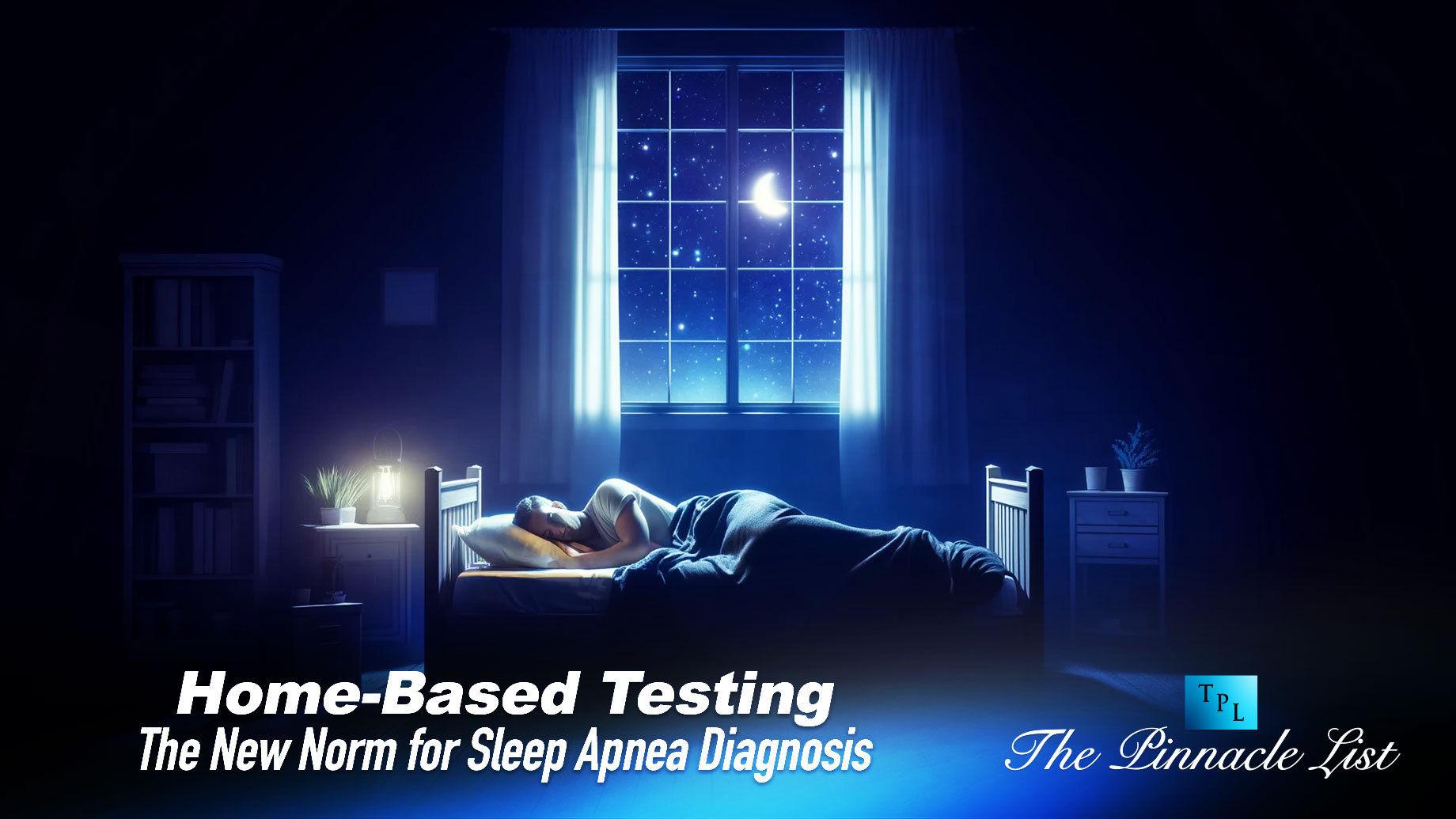
Embracing home-based testing signifies a significant step forward in enhancing healthcare accessibility and addressing sleep disorders like sleep apnea effectively. With accurate results obtained conveniently at home, individuals can promptly identify and manage their condition, improving overall sleep quality and health outcomes.
This advancement is particularly crucial for individuals experiencing sleep disturbances associated with sleep apnea, as early diagnosis and treatment initiation are paramount in mitigating potential health risks and improving their quality of life.
Convenience and Accessibility
Home-based testing for sleep apnea offers unparalleled convenience, allowing individuals to undergo testing in the comfort of their own homes. This removes the need for overnight stays in sleep clinics, minimizing disruption to daily routines. Moreover, it ensures accessibility for individuals in remote areas or with mobility issues, who may face challenges accessing traditional clinic-based testing facilities. By providing a more convenient testing option, home-based solutions encourage greater participation in sleep apnea diagnosis and facilitate early intervention.
Accuracy and Reliability of Results
Advancements in technology have significantly enhanced the accuracy and reliability of home-based sleep apnea testing devices. These devices are equipped with sensors that monitor various parameters such as airflow, oxygen saturation, and respiratory effort, ensuring comprehensive data collection during sleep. Studies have shown that home-based testing yields results comparable to those obtained from in-laboratory polysomnography, the traditional gold standard for sleep apnea diagnosis. The reliability of these results enables healthcare providers to make informed decisions regarding treatment options based on accurate sleep data.
Reducing Clinic Visits and Wait Times
Home-based testing for sleep apnea effectively reduces the need for multiple clinic visits and long wait times associated with in-laboratory polysomnography. By enabling patients to conduct sleep studies at home, healthcare facilities can streamline the diagnostic process and allocate resources more efficiently. This not only improves patient satisfaction by minimizing the inconvenience of repeated clinic visits but also reduces the burden on healthcare systems, allowing clinicians to focus on patients with more complex medical needs. Ultimately, home-based testing helps expedite the diagnosis and treatment of sleep apnea, leading to better health outcomes.
Empowering Patients in Sleep Health
Home-based testing empowers individuals to take an active role in monitoring their sleep health and addressing potential sleep disorders such as sleep apnea. By providing access to user-friendly devices and educational resources, patients can gain a better understanding of their sleep patterns and symptoms. This self-awareness fosters a proactive approach to sleep management, encouraging lifestyle modifications and adherence to treatment recommendations. Empowering patients in their sleep health not only improves treatment compliance but also promotes overall well-being and quality of life.
Integration into Healthcare Systems
The integration of home-based sleep apnea testing into healthcare systems facilitates a more comprehensive approach to sleep medicine. Healthcare providers can incorporate home sleep studies as part of routine care protocols for patients presenting with sleep-related symptoms. Furthermore, seamless integration with electronic health records and telemedicine platforms enables efficient data sharing and remote monitoring of patients’ progress. This integration ensures continuity of care and enhances collaboration among healthcare professionals involved in managing sleep disorders, ultimately optimizing patient outcomes and satisfaction.